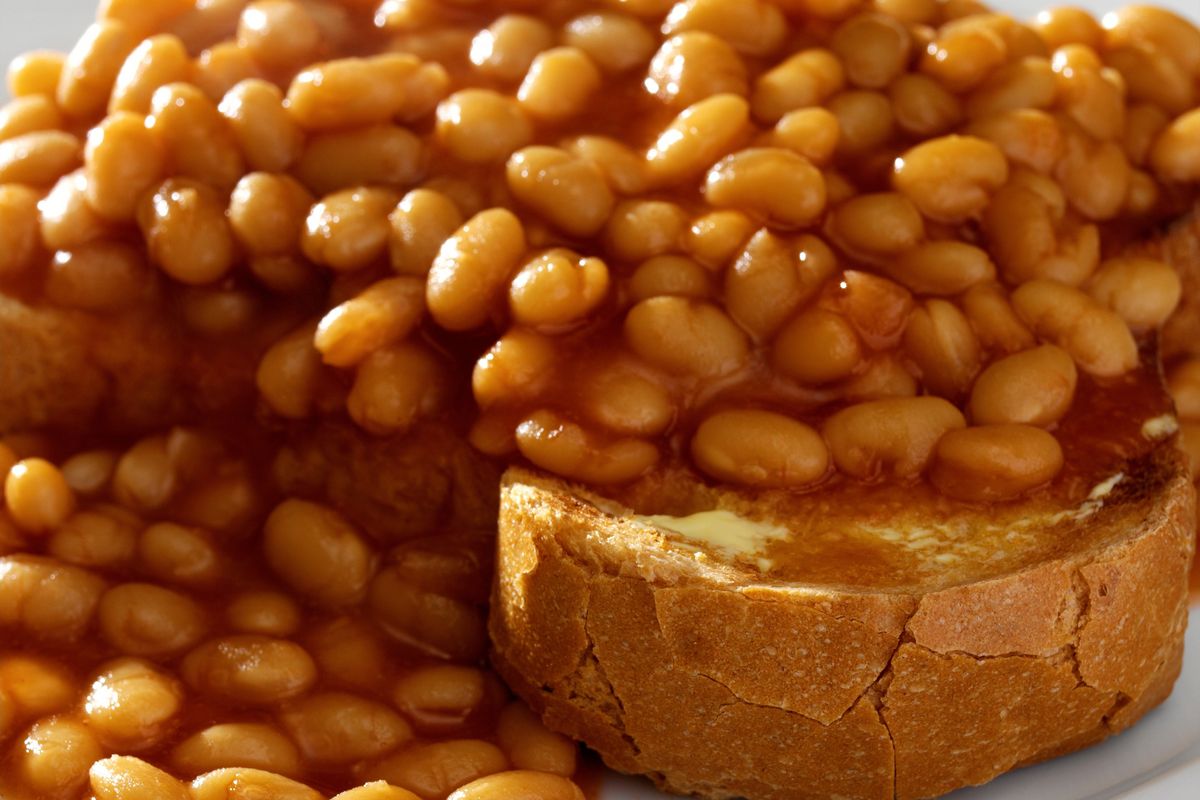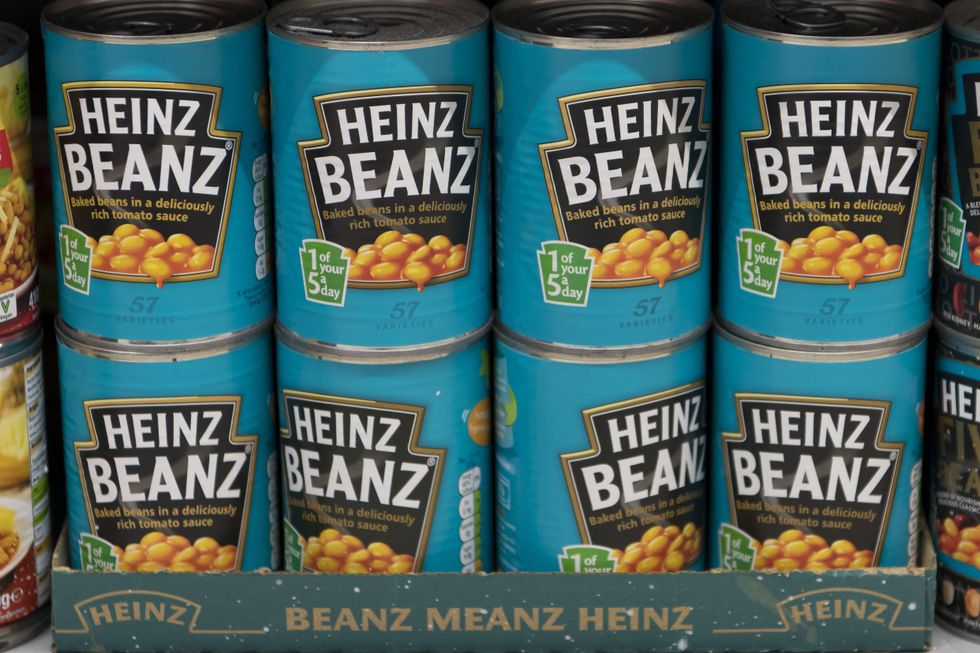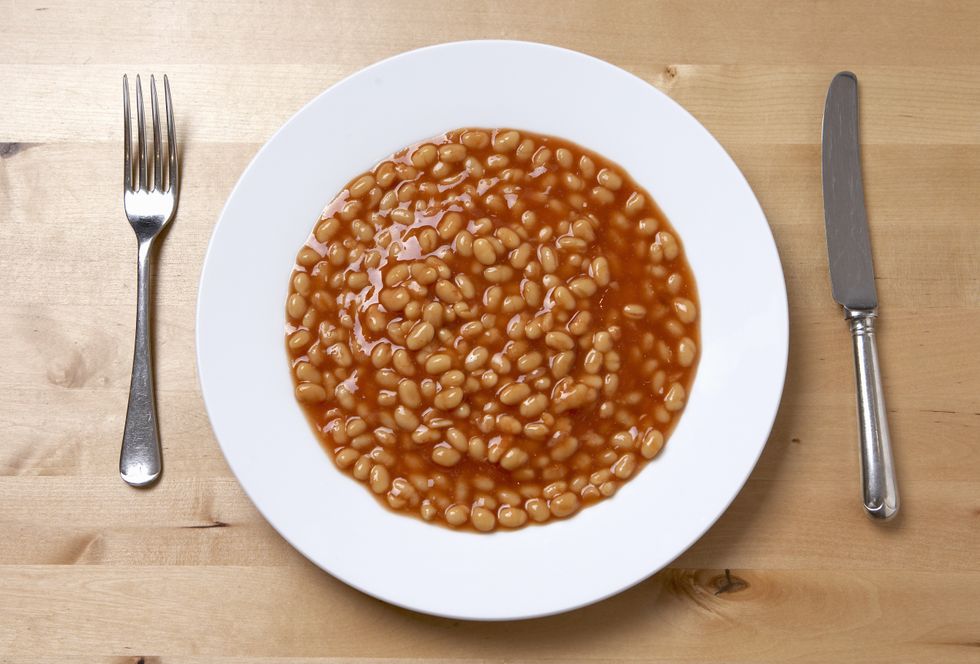British-grown baked beans become reality following successful harvest

Beans on toast
GETTY

Beans on toast
Britons could soon tuck into UK-grown baked beans on toast after a successful harvest of commercial crop.
A harvest of haricot beans in Lincolnshire provided the breakthrough for University of Warwick scientists developing a specially adapted seed that can thrive in British soil.
UK farmers were previously unable to grow the variety as it is usually unsuited to the country’s climate.
Leadenham farmer Andrew Ward described the harvest as “very exciting”.

A set of Heinz Beans tins
GETTY
He also claimed it had been "one of the most stressful experiments" due to unpredictable weather and the need for specialist harvesting equipment.
Ward added: "The only seed that is available in the world of this variety is what we have here.
"We need to replant next year to grow the availability of British baked beans and reduce our reliance on imports."
A previous trial in 2022, which was conducted on a smaller-scale, failed due to last summer’s heatwave.
LATEST DEVELOPMENTS:The new variety has been named Capulet and took more than a decade to develop.
It could provide the UK with the opportunity to reduce its reliance on imported beans.
Britons consume around two million tins of baked beans per day.
Haricot beans are often grown in countries such as the United States, Canada, Ethiopia and China.

A plate of baked beans
GETTY
Rebecca White, a crop specialist from agriculture consultants Agrii and a partner on the project, said: "They [Britons] will only accept the familiar taste and texture of haricot beans on toast - and this is what we have given them."
The breakthrough means seeds can be sown in early May and harvested as a dry grain in September.
Professor Eric Holub, from the university's life sciences department, said the beans had been bred from "inherited material that had been used here on the university farm in the 1970s and 80s".
"It was put into storage, and it was 2011 that I realised that there was some valuable material and I started reviving it," he told the BBC in June.